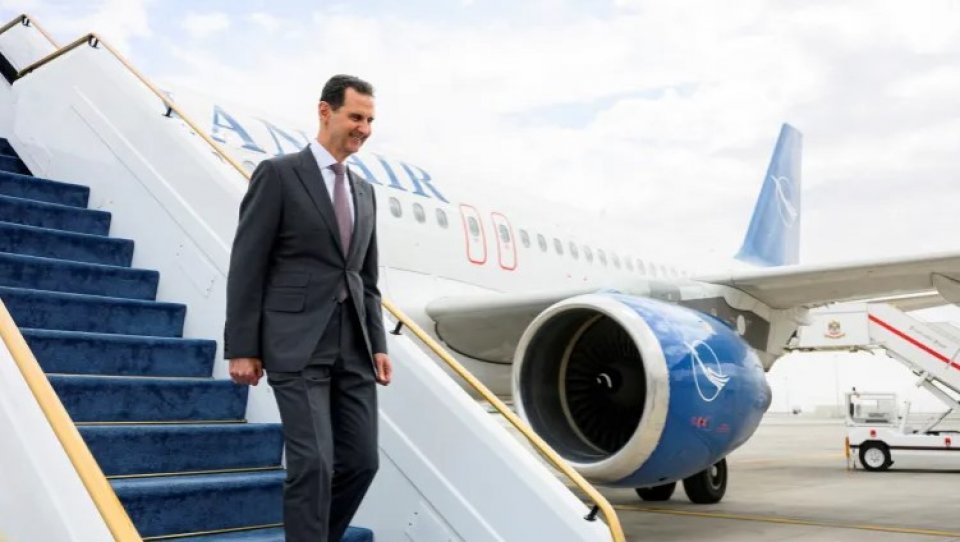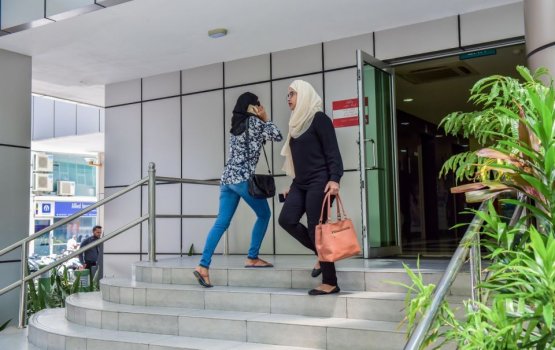Saudi state television reports that the two countries are in talks to resume consular services.
According to Saudi state media, Saudi Arabia and Syria are discussing the resumption of consular services between the two nations, indicating a probable restoration of connections between the two countries.
In 2012, Saudi Arabia closed its embassy in Damascus and expelled the Syrian ambassador after supporting the Syrian opposition during the country's civil conflict.
“Within the framework of the kingdom’s keenness to facilitate the provision of necessary consular services between the two nations, discussions are under way with officials in Syria to resume consular services,” the Al-Ekhbariya channel said on Thursday, citing a foreign ministry source.
According to the broadcaster, the foreign ministry source was reacting on international media reports.
Reuters reported earlier on Thursday that Saudi Arabia and Syria have agreed to reopen their embassies, citing three sources with knowledge of the situation who spoke on the condition of anonymity owing to the sensitivity of the situation.
Contacts between Riyadh and Damascus have picked up steam following a significant agreement to re-establish contacts between Saudi Arabia and Iran, a key backer of President Bashar al-Assad, according to a regional source affiliated with Damascus.
The restoration of ties between Riyadh and Damascus would be the most important advance yet in Arab states' efforts to normalize relations with al-Assad, who has been shunned by many Western and Arab powers.
A second regional source close to Damascus said the two countries were "preparing to reopen embassies after Eid al-Fitr," a Muslim holiday in the second half of April.
According to one regional source and a Gulf diplomat, the decision was reached after conversations with a top Syrian intelligence official in Saudi Arabia.
The Saudi government's communication office, the kingdom's foreign ministry, and Syria's government have all declined to comment.
Saudi state media later stated, citing a Saudi foreign ministry official, that talks with the Syrian foreign ministry to reestablish consular services were ongoing.
The seemingly quick breakthrough could point to how the agreement between Tehran and Riyadh would affect other crises in the region, where their enmity has fueled wars such as the Syrian war.
The US and several of its regional allies, including Saudi Arabia and Qatar, had backed some Syrian insurgents. Thanks largely to Iran and Russia, Al-Assad was able to defeat the resistance across the majority of Syria.
The United States, a Saudi ally, has criticized regional countries' efforts to normalize relations with al-Assad, noting his government's brutality throughout the fight and the necessity for progress toward a political solution.
When asked about the rapprochement, a State Department official stated that the US's "stance on normalisation remains unchanged" and that the US would not urge other countries to normalize relations with al-Assad.
Another major US partner, the United Arab Emirates, has led the way in normalizing communication with al-Assad, recently receiving him and his wife in Abu Dhabi.







